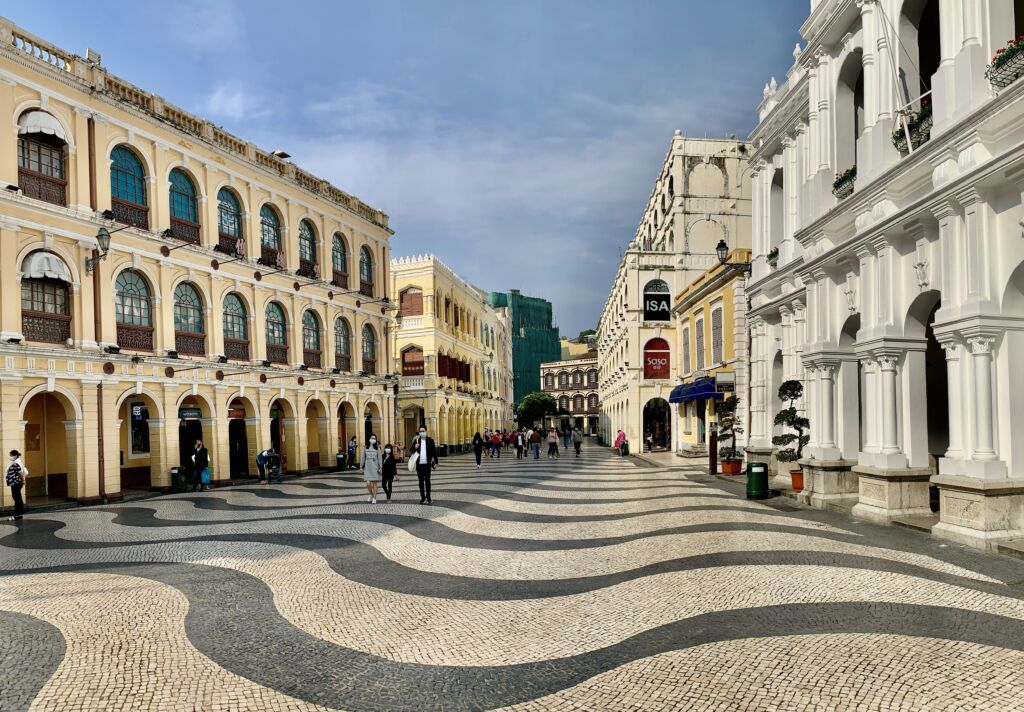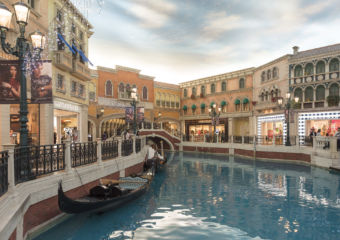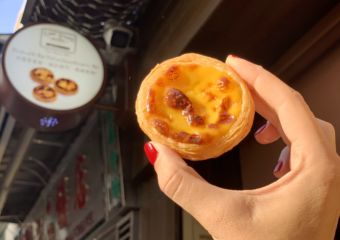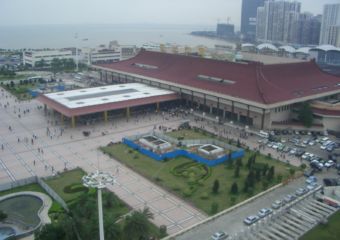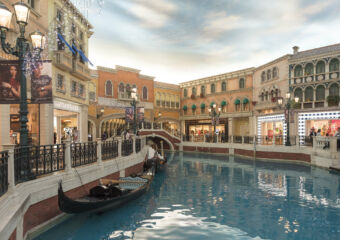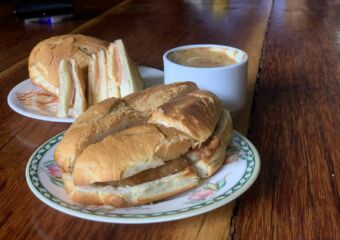Whether you have a few hours or several days, Macau is an eclectic destination that will not disappoint! Get set for your journey with some tips and life hacks that will make your visit to Macau 100% trouble-free.
Language
Cantonese is the official language of Macau and you will hear it around a lot. However, most of the signs, touristic information, announcements in public transport are also written and pronounced in Portuguese (it is the second official language), and in English. So don’t worry about being lost. Many people in Macau understand Standard Chinese (Putonghua) as well.
Currency
Macau has its own currency called pataca (MOP $), which is closely tied to the Hong Kong Dollar (HKD $). However, you can also pay with HKD everywhere, even on buses. So don’t panic if you didn’t visit the exchange office in advance. Bear in mind that you might still receive your change in patacas (MOP), even paying with Hong Kong Dollars. If you don’t want to keep them as a souvenir, remember to exchange your MOP in Macau. Being one of the world’s least convertible currencies, patacas could be hard to shed, back in your home country.
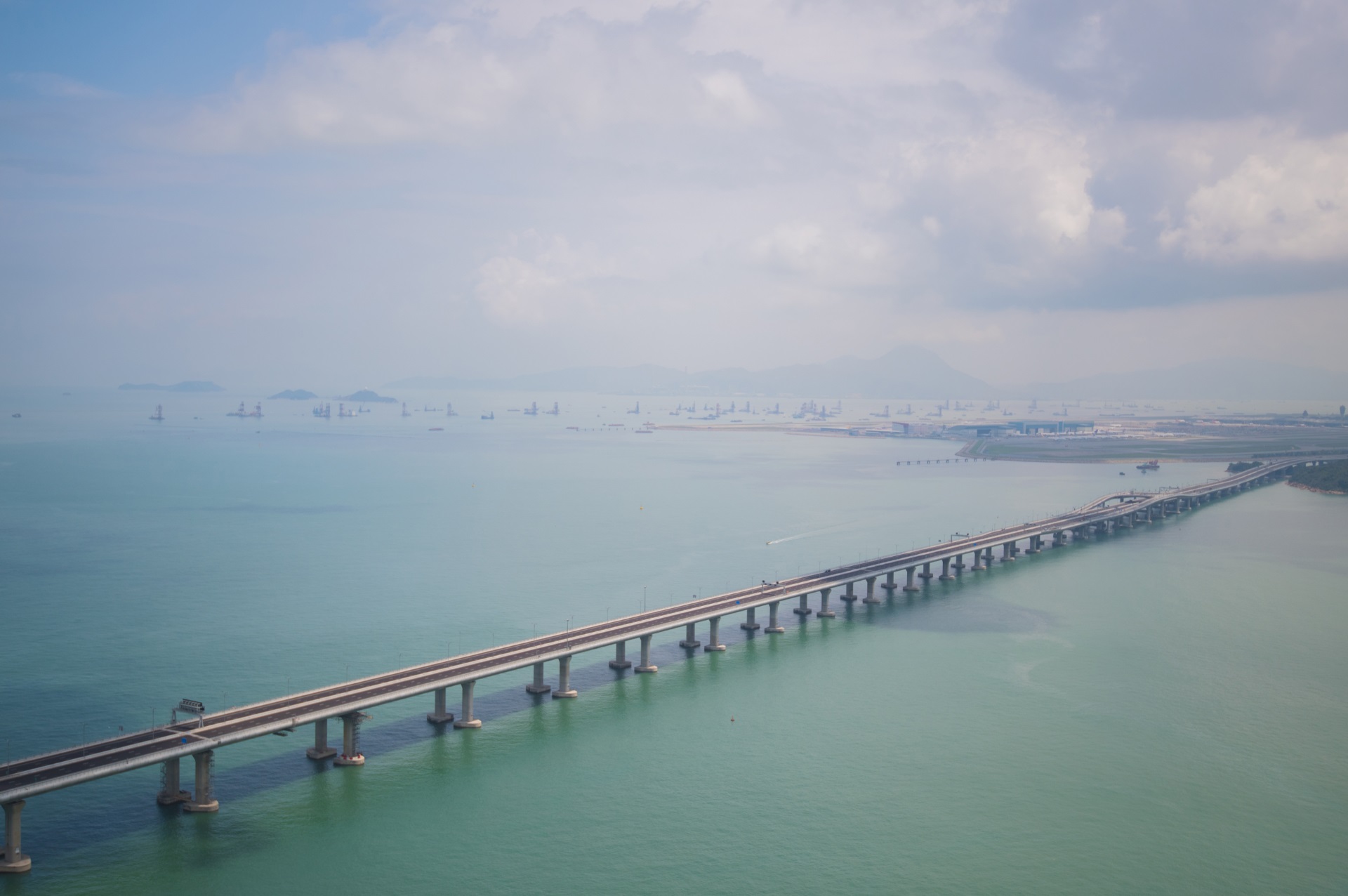
Hong Kong-Zhuhai-Macau Bridge
Getting there
Taking a ferry
If you are traveling to Macau via Hong Kong International Airport, no need to go through immigration or collect your luggage–the ferry counters are not so far from your arrival gate. Hand your luggage claim tags to the ferry company representative and it will be safely taken care of and placed on the ferry. You can check the status of your bags by simply scanning the ferry ticket barcode on of the machines near the boarding gate. For more tips on Macau ferries, click here.
Traveling via Hong Kong-Zhuhai-Macau Bridge (HKZMB)
Another way to get to Macau from Hong Kong is via the HKZMB, a 55-kilometer engineering miracle. Hop on a public bus or taxi from Hong Kong International airport and you will arrive at the HKZMB terminal in Hong Kong in 10-15 minutes. On a regular day, buses between Hong Kong and Macau run every 15 minutes during the day and 30 minutes at night. The whole trip lasts around 40 minutes.
Arriving at Macau International Airport
Macau International Airport that connects Macau with various cities in Mainland China and Southeast Asia. Located in the eastern part of Taipa, it is close to Cotai hotels and not that far from the ones on the Macau side. If this is where you are landing, note that there are plenty of ways to reach the city–by bus, taxi, shuttles, or LRT.
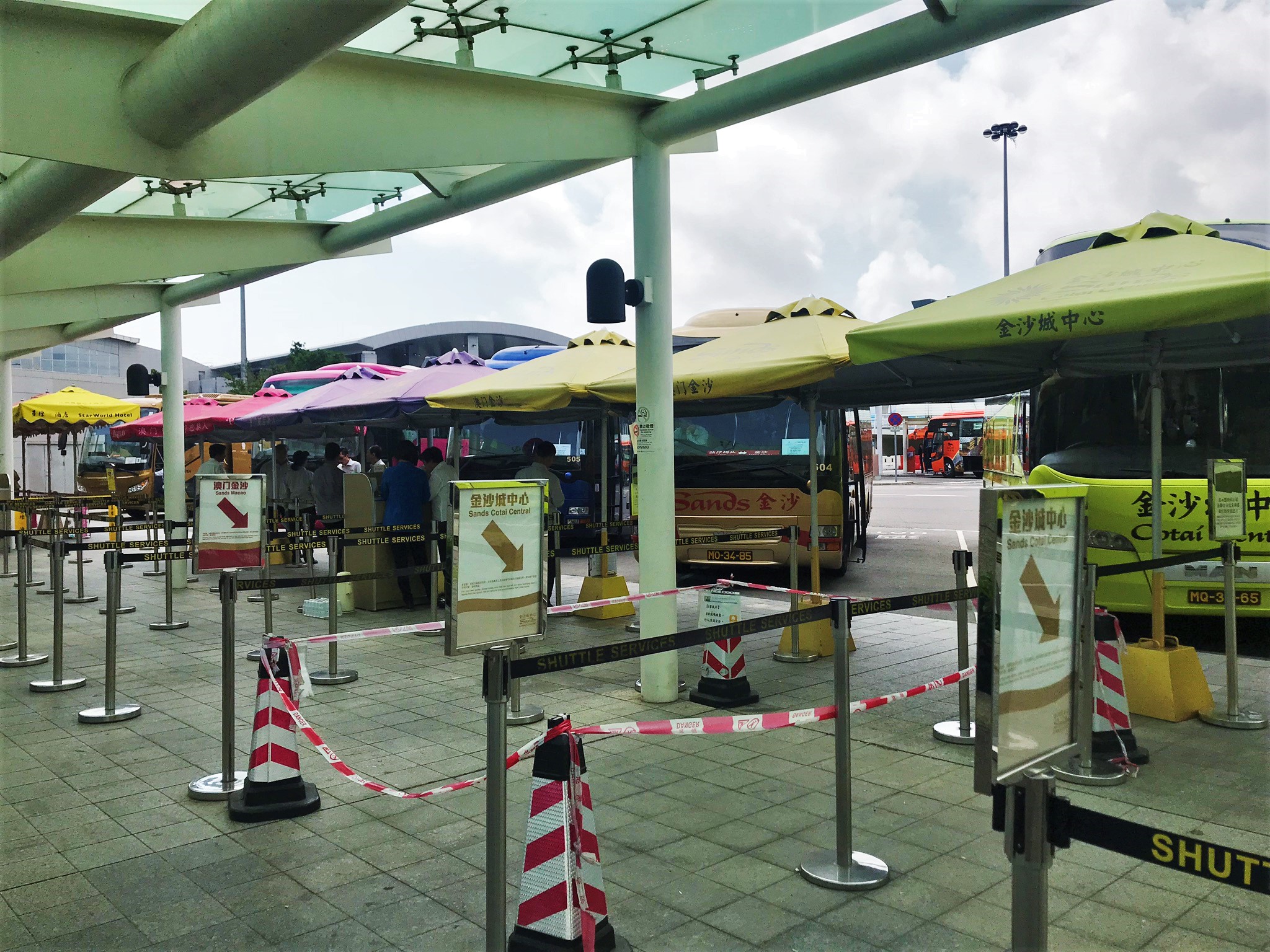
Shuttle buses
Getting around
Hotel shuttles
If you want to save some money, note that many premium resorts like The Venetian Macao and City of Dreams have shuttles running from airport and ferry terminals. Whether you booked a room with the resorts or not, you can freely hop on their free transport. You can also use inter-hotel shuttles in Cotai or travel to popular places of interest like Senado Square or Taipa. When at the ferry terminals or airport look for the directions to the shuttle parking. Then, just look for the sign with the resort you are heading to.
Taxi
If you prefer traveling by taxi, retain the Chinese name of your location on your phone, or keep a business card handy. Not all local taxi drivers speak English and while you will probably be lucky with the big hotels, less popular destinations would be hard to reach without knowing how to pronounce them in Cantonese. Most of the time, local drivers are not that talkative. If you gave them the directions and didn’t hear any response, that means they got it.
To catch a cab, just raise your hand or head to one of the designated taxi stands around the city. Normally, all of the integrated resorts and hotels have a taxi stand. Overall, Macau taxi is affordable, but the fares increase if you need to cross the bridge between Macau and Taipa. Try Macau Taxi Fare that calculates the price of your trip and has some general information on fares and charges too.
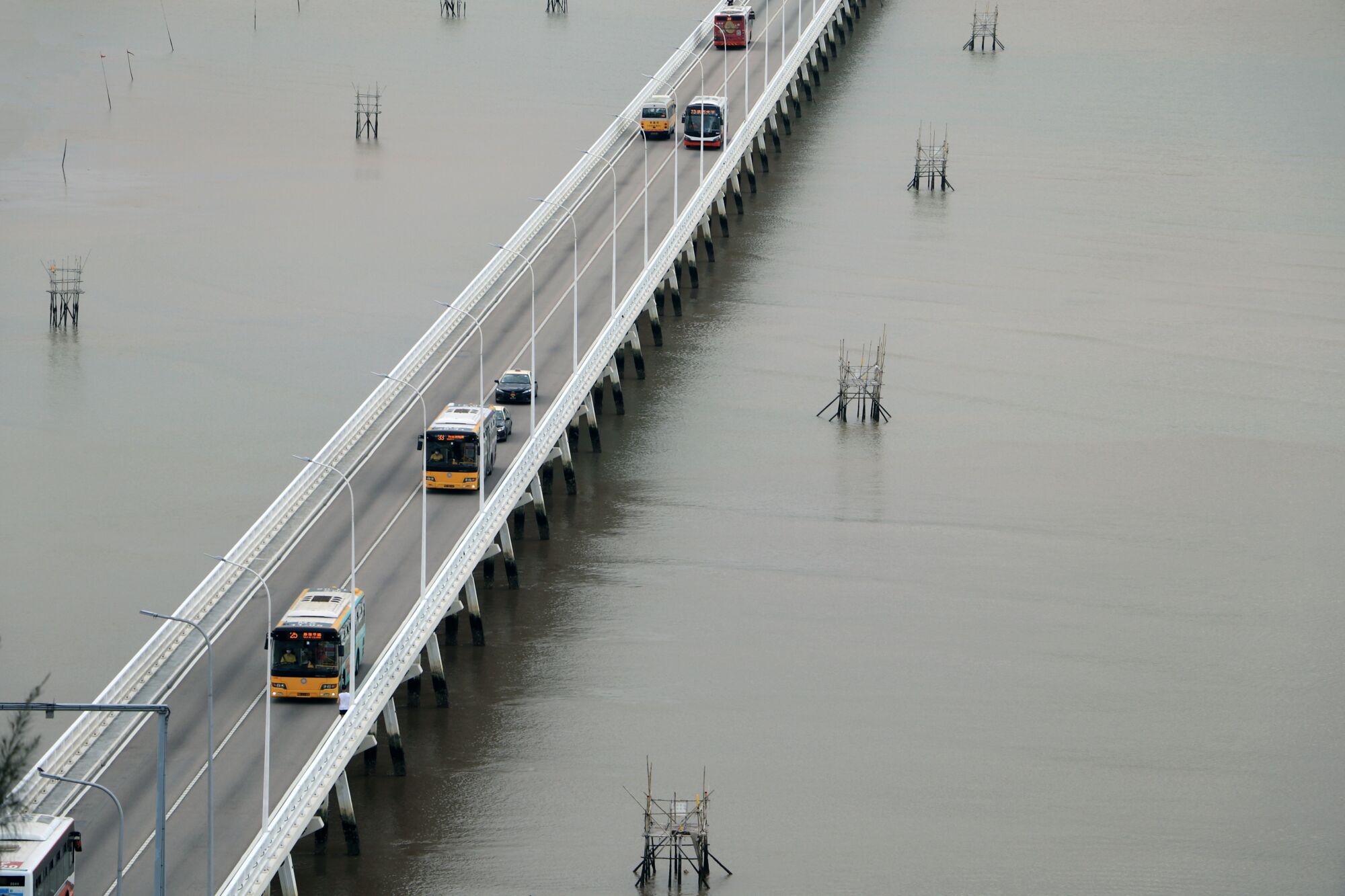
Photo credit: Unsplash, Macau Photo Agency
Bus
Macau has a convenient public bus network that covers most of the peninsula and the outlying islands of Taipa and Coloane. Even though the rate is relatively low, you can save more with the Macau Pass. It can be bought at the official office or any 7-11 or Circle K shops. It does not just save you money but also the hassle to handle coins. Macau Pass will cost you MOP $130, including $100 initial stored value and $30 card fee. Besides, you can connect it to MPay, a local mobile payment system and pay with the card in many shops and eateries in Macau, some will even offer special discounts for that. If you still prefer paying in cash, make sure to have the exact fare.
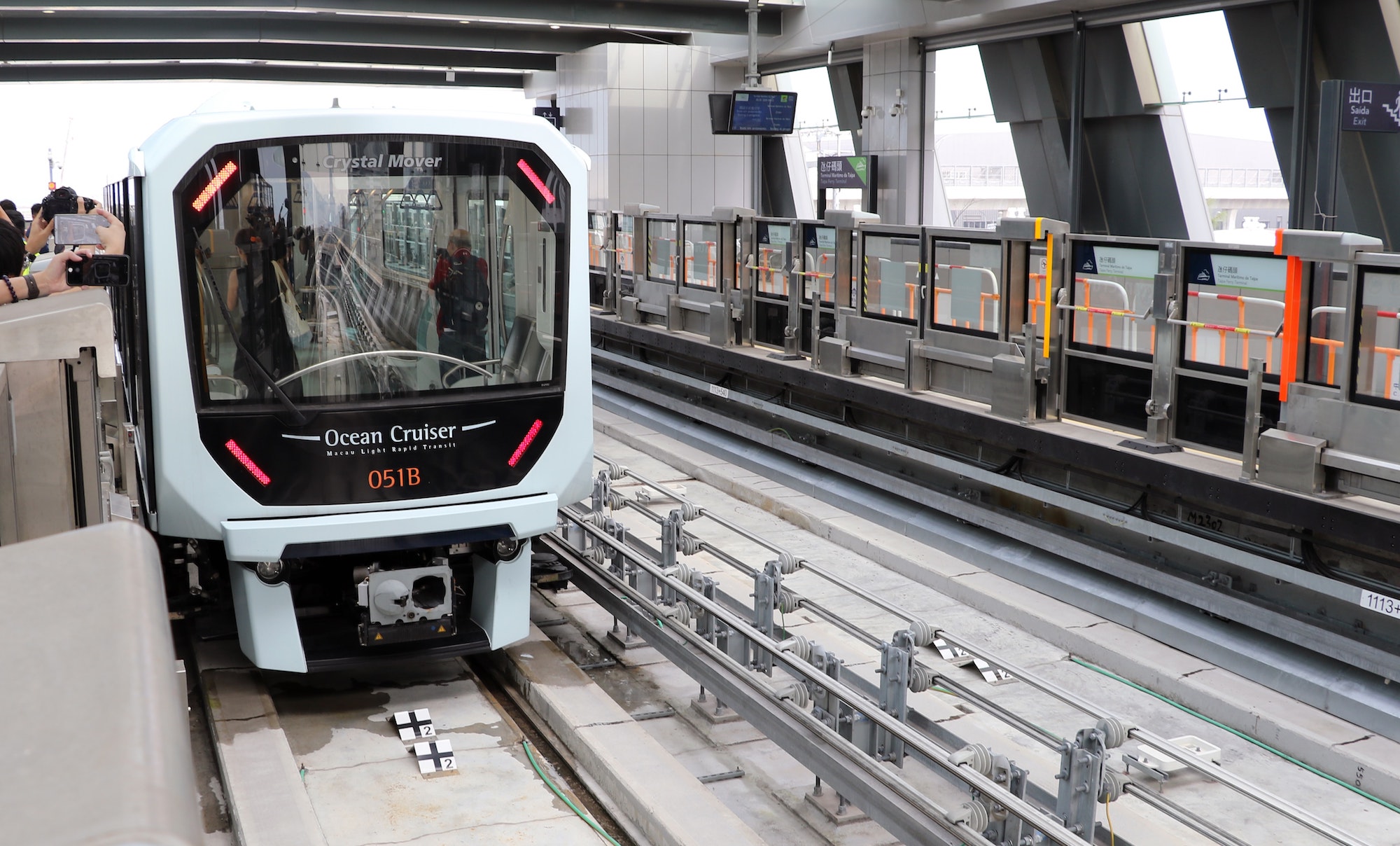
Light Rapid Transit. Photo credit: Unsplash, Macau Photo Agency
Light Rapid Transit
Since December 2019, Macau locals and visitors can take advantage of eco-friendly transport that is not affected by the traffic. As of May 2020, LRT covers the area between Ocean Gardens and Taipa Ferry Terminal. There is a station at Lotus Checkpoint (an entry point between Zhuhai and Macau), Macau International Airport, and Pak Koi right in front of the Taipa Village. You can purchase single-ride tickets or LRT card in a vending machine (cash only) or cashier (cash, credit card). The construction has still not finished and the plan is to connect Taipa to Macau Penninsula with light rail by 2024. For more details, read our LRT guide.
Driving and walking
Just like its neighboring SAR, Hong Kong, Macau is a drive-on-the-left region. If you are traveling from mainland China by car, admire how cleverly the switch between right-side China and left-side Macau is arranged on the Lotus bridge. As a pedestrian, stay vigilant while crossing the road, remember to look right first, then left and not the other way around.
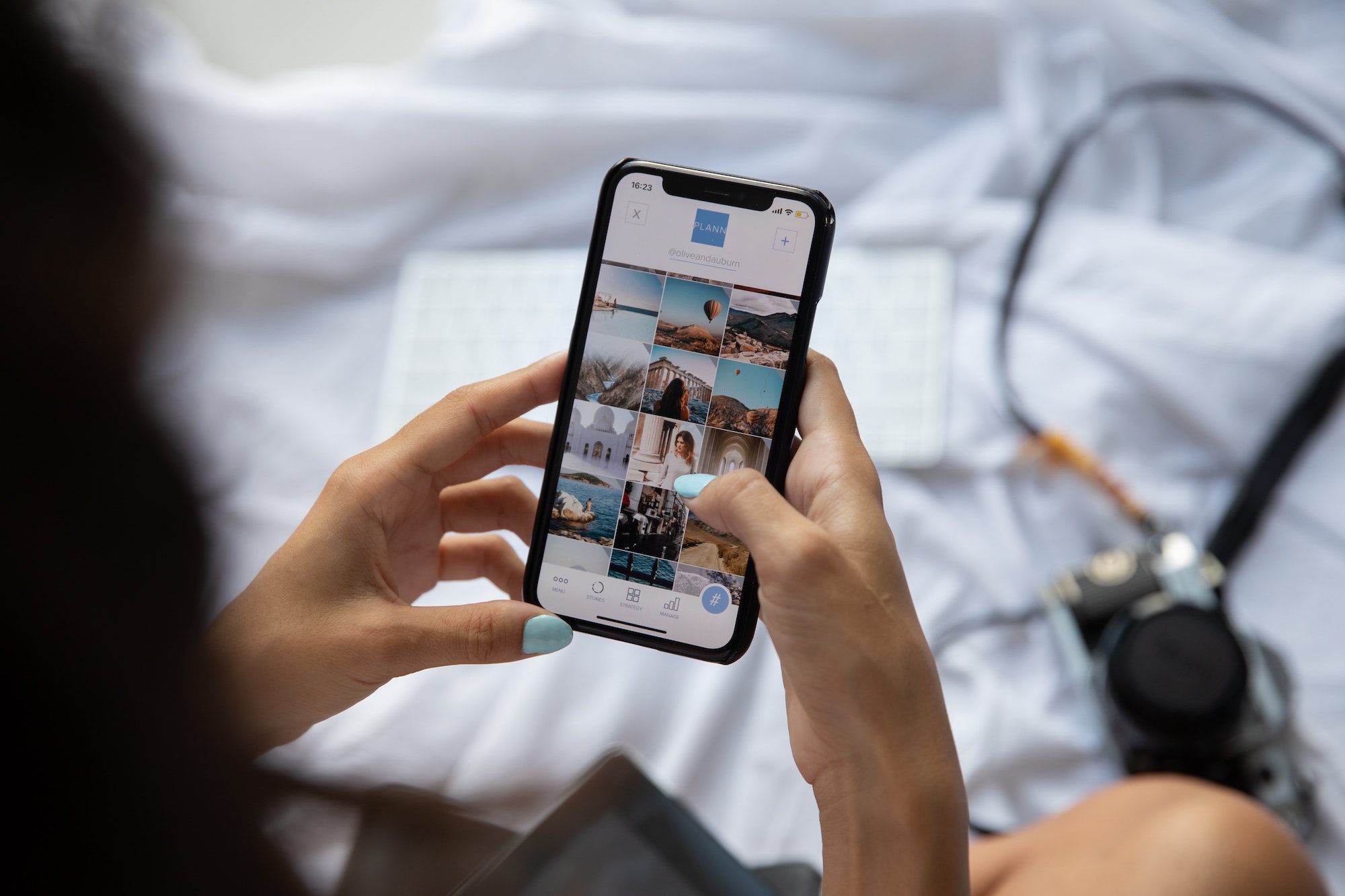
Photo credit: Unsplash
Local sim card
While you will have Wi-Fi in most of the public spots, it’s always good to be connected just in case you need to book a table in a fine restaurant, for instance. Get your MOP $100 pre-paid sim card at ferry terminals or the airport. This way, you won’t need to worry about going offline throughout your trip. To recharge the card, go to 7-eleven, Circle K, one of CTM shops, or online. Note that to buy a prepaid SIM-card, you must be 18 years old or above and present an ID for registration.
Tipping policy
Tips are not expected in Macau. However, take into consideration that many restaurants and bars add a 10% service charge to the bill. You can round up by a few patacas in case of exceptional service, but again, it’s not expected.
Safety
Generally, Macau is a safe destination with a low level of crime. But watch out for pickpockets in the crowded touristic areas.
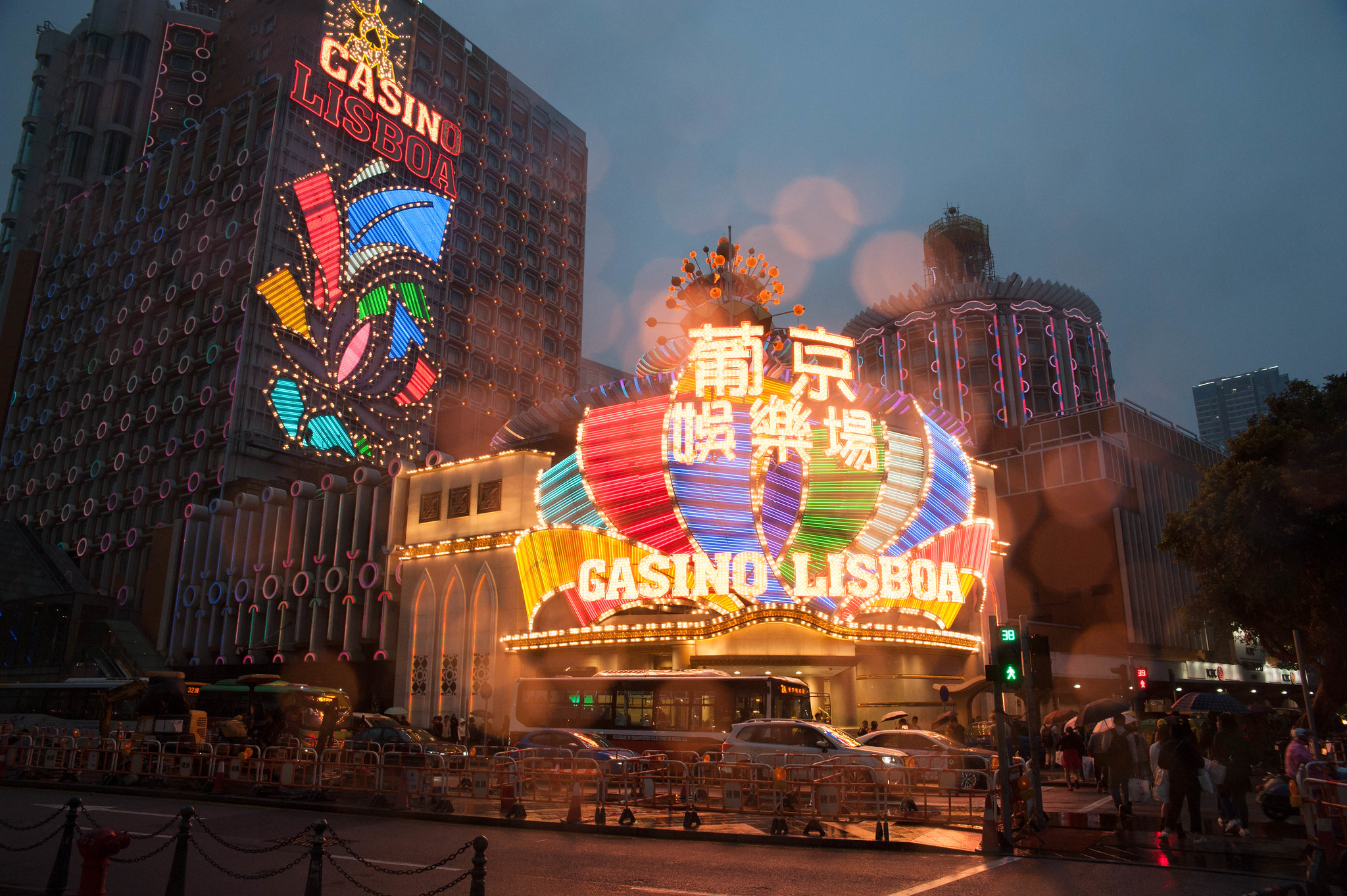
Photo credit: Takahiro Hayashi
Go with an open mind
Macau is nicknamed as “Las Vegas of the East”. Keep that behind you because even though the city is known as a gambling mecca of the eastern hemisphere, it has so much more to offer. Did you know the historic center of Macau is inscribed on the World Heritage List and the city has been honored as a Creative City of Gastronomy by UNESCO? Keep your mind and eyes wide open and you will see the real Macau. Enjoy!
This article was originally written in March 2018 and updated by Ksenia Kuzmina in May 2020.

